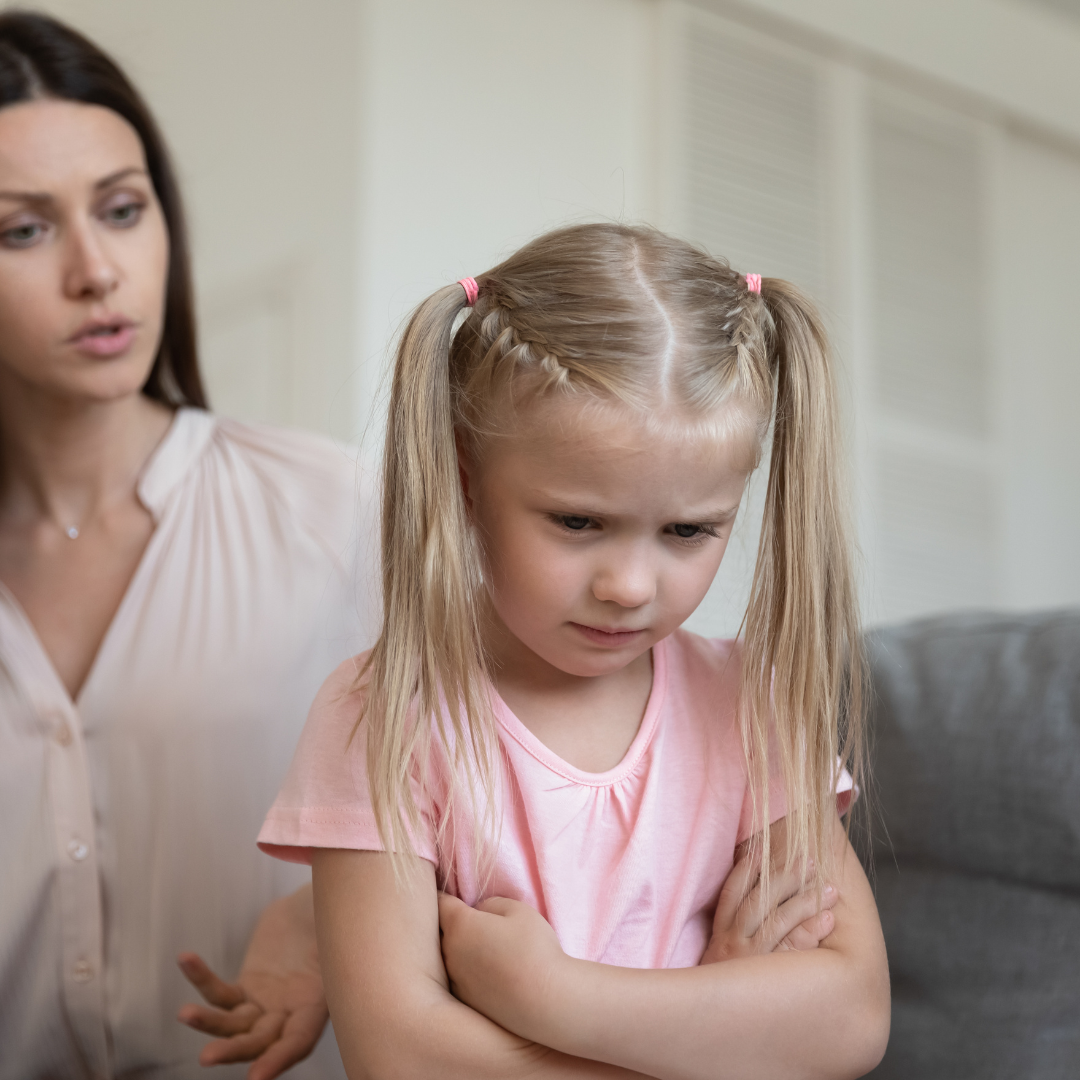

In the last blog I kasey walked you through the three most used topics when I talk to kids, animals, what I’m doing, and what they’re doing. If you have questions, go back and read that blog post. In this post I wanted to make you aware of some conversation “killers” or things that I often see people doing that stops conversations with kids. Ready?
Using advanced vocabulary and grammar. Kids need to be spoken to at their level of vocabulary and grammar, or one level above. Many of our parents are using words, phrases, and logic that are way to high for their child’s comprehension, so try pairing it down. If you’re talking to a 2 year old, use words like “look garbage truck!” Instead of saying “Look out the window across the street and see the garbage truck collecting all the trash from each of the neighborhood trash bins”. See what I mean? Just use your best judgement and try and speak at the level your child is currently or one step above.
Talking too much. If you never stop talking, it doesn’t give your child a fighting chance. A chance to jump into the conversation. A chance to process what you’ve said. A chance to think critically about what’s going on around them. A chance to catch their breath! Sometimes I see parents wanting to fill every single moment of silence, but silence could be good! Try counting to 10 to yourself before jumping into the conversation with your child with another idea or thought.
Questions and Quizzes. Many parents, and adults in general, love to ask kids questions to see how much they know. But have you ever noticed that the more questions you ask the fewer questions your child wants to answer? Nobody likes to feel like they are being tested or quizzed with a barrage of questions. Be careful about the types of questions that you ask your child, choosing questions that can be conversation starters, instead of testing your child’s knowledge, and shutting down the conversation before it even get started.
We know that it can be tricky to carry on a back-and-forth conversation with your child, especially depending on their speech and language level, but we encourage you to try! Talking to our kids, and figuring out ways to converse with them is important for so many aspects of development. If you have specific questions about how to carry on a conversation with your child, ask your therapist, or reach out to us directly to get more help. Happy chatting!
Kasey